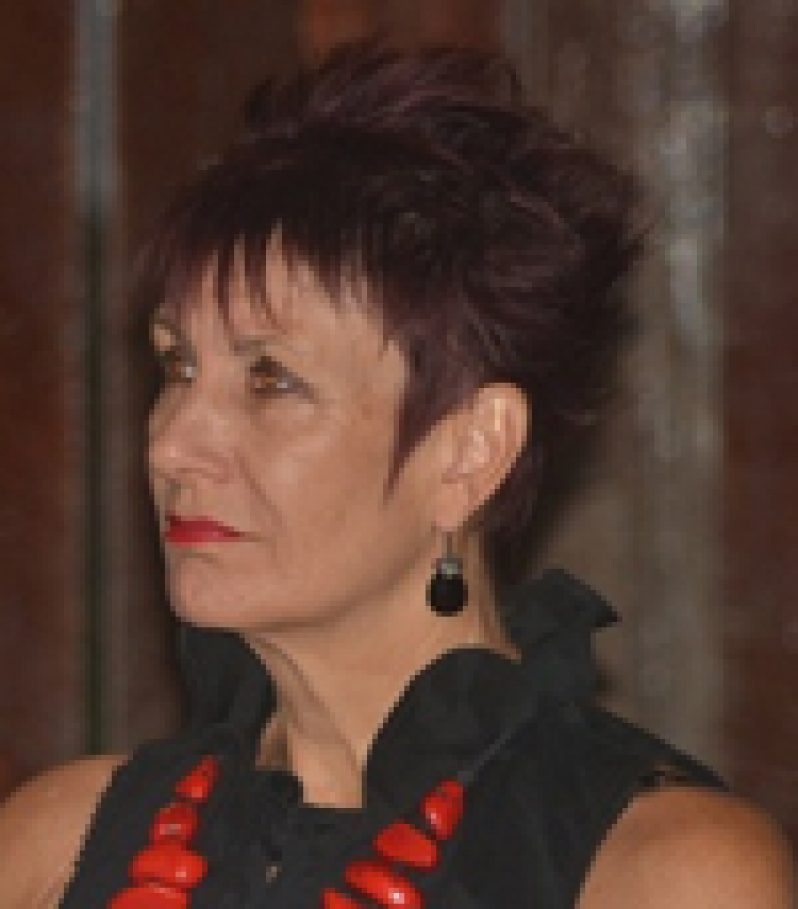THE influence of Edgar Mittelholzer on the works of “Speculative fiction” by later Caribbean writers was the focus of a lecture series organised by the Ministry of Culture, Youth and Sport.
D elivered by Professor Dr. Jane Bryce, under the patronage of Prime Minister, Samuel Hinds, who represented Minister of Culture, Youth and Sport, Dr. Frank Anthony, the lecture examined the genesis and history of Caribbean writings in the colonial, pre and post-independence and contemporary eras.
elivered by Professor Dr. Jane Bryce, under the patronage of Prime Minister, Samuel Hinds, who represented Minister of Culture, Youth and Sport, Dr. Frank Anthony, the lecture examined the genesis and history of Caribbean writings in the colonial, pre and post-independence and contemporary eras.
The way in which literature, particularly earlier texts and novels written 40 or 50 years ago, is being rediscovered or re-read in light of new developments in writing and reading is one of the most exciting things about the subject, Professor Bryce said. “Things Fall Apart” by Chinua Achebe in 1958 was viewed as the defining expose’ of colonial encounters, dramatising the arrival and impact of Christianity and resultant changes, Dr Bryce noted. The opinions of this book, she said, have been viewed in various ways throughout the years.
In light of a colonial education that promoted the “English Canon” as the measure of literary excellence, the work of West Indian literary critics in the 20th century was to establish the credentials of a West Indian Canon that could hold its own on the world stage. This major undertaking…succeeded in indentifying and projecting writers who are now recognised as essential to the West Indian sense of self- from Harris to Lamming, Braithwaite to Walcott, Mittelholzer to Selvon and Naipaul- followed 20 years later by a wave of women writers including Olive Senior, Pauline Melville, Zee Edgell, Merle Hodge and Jamaica Kincaid (Elaine Potter Richardson).
The writing of “Speculative fiction” which plays with the paranormal and re-imagines reality has always been a feature of West Indian scripts, according to Dr Bryce. She added that the process of “canonisation” or honouring of Caribbean produced writings has been less than favourable to more conventional realist novels with even romance based works suffering.
The rise in popularity of romance, crime and science fiction works from Caribbean writers was examined and critiqued and the influence of Mittelholzer’s previous works were noted by the professor.
She also expounded some of the views expressed by various literary critics on several novels penned by Caribbean writers, “No-one calls Melville’s or Mc Watt’s work speculative fiction, yet their stories are in a direct line of descent from “My Bones and My Flute”, not only in investing the landscape and society of Guyana with supernatural and mythic elements, but also in their consciousness of how the artistic process can work on daily reality so as to transform it into something strange and fantastical”.
She examined the way in which Mittelholzer crafted his words to give the reader a unique sense of the occasion, using several paragraphs from his book, “My Bones and My Flute”.
Professor Bryce was born in Tanzania, lived in the UK, Nigeria and the Caribbean, and earned her doctorate in 1988. She has taught African literature, cinema and creative writing at the University of the West Indies, Cave Hill Campus. She has published in the areas of African and Caribbean fiction, post colonial cinema, and is a co-founder of the Barbados Festival of African and Caribbean Film. She was recently made professor of African Literature and Film.
Edgar Austin Mittelholzer (December 16, 1909- May 5, 1965) was a Guyanese novelist originally from New Amsterdam, Berbice. He was the earliest novelist from the West Indian region to establish himself in Europe and gain a significant European readership. Mittelholzer, who earned his living almost exclusively by writing fiction, is considered the first professional novelist to come out of the English-speaking Caribbean. His novels include characters and situations from a variety of places within the Caribbean, and range in time from the early period of European settlement to the twentieth century. They feature a cross-section of ethnic groups and social classes, dealing with subjects of historical, political, psychological, and moral interest. Mittelholzer is “certainly the most prolific novelist to be produced by the Caribbean”. Mittelholzer committed suicide in England in 1965.
The Mittelholzer Memorial lecture Series is conducted annually under the auspices of the Ministry of Culture, Youth and Sport.



.jpg)









